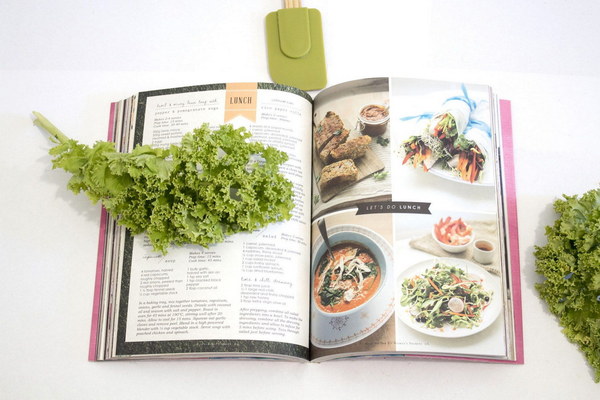Can Sitting for Acupuncture Treat Dampness in the Body
In the realm of traditional Chinese medicine (TCM), the concept of dampness is often associated with various health issues, ranging from fatigue and weight gain to digestive problems and joint discomfort. Many individuals turn to acupuncture, a key component of TCM, as a means to alleviate these symptoms. One popular question among those seeking relief is whether sitting for acupuncture can effectively treat dampness. Let's delve into this topic to better understand the benefits and limitations of this ancient practice.
Understanding Dampness in TCM
In TCM, dampness refers to an excess of fluid in the body that can lead to a range of health problems. It is believed to be caused by factors such as overeating, exposure to cold and damp weather, and a weakened spleen, which is responsible for transforming food into energy. When dampness accumulates in the body, it can obstruct the flow of Qi (vital energy), leading to various symptoms.
How Acupuncture Helps
Acupuncture is a therapeutic method that involves inserting very thin needles into specific points on the body. The needles stimulate these points, which are believed to be connected to the body's Qi. By doing so, acupuncture aims to restore the balance of Qi and promote healing.
In the context of dampness, acupuncture is thought to help by:
- Improving circulation: The insertion of needles can increase blood flow, which may help eliminate dampness from the body.
- Stimulating the spleen: Since the spleen plays a crucial role in transforming food and eliminating dampness, acupuncture may help boost its function.
- Alleviating symptoms: By restoring balance to the body, acupuncture can reduce the symptoms associated with dampness, such as fatigue, weight gain, and digestive issues.
Sitting for Acupuncture and Dampness
Now, let's address the main question: can sitting for acupuncture effectively treat dampness?
The answer is yes, but with some caveats. Sitting for acupuncture can be beneficial for dampness in the following ways:
1. Stimulation of Qi: By inserting needles into specific points, acupuncture can help stimulate the Qi, which may aid in eliminating dampness.
2. Supporting the spleen: As mentioned earlier, the spleen plays a key role in dampness. Acupuncture may help support the spleen's function, thereby reducing dampness in the body.
3. Reduction of symptoms: Acupuncture can alleviate the symptoms associated with dampness, such as fatigue and weight gain, by restoring balance to the body.
However, it is important to note that sitting for acupuncture alone may not be sufficient to completely eliminate dampness. Other factors, such as diet and lifestyle, also play a significant role. Here are some tips to complement acupuncture treatment for dampness:
- Diet: Avoid cold, damp, and sugary foods. Focus on a diet rich in lean proteins, whole grains, and vegetables.
- Lifestyle: Regular exercise, such as walking or tai chi, can help improve circulation and support the spleen. Additionally, getting adequate rest and managing stress are essential.

- Herbal remedies: Certain herbs, such as astragalus and codonopsis, may help support the spleen and alleviate dampness symptoms.
Conclusion
While sitting for acupuncture can be a beneficial component of a comprehensive treatment plan for dampness, it is important to remember that it is just one piece of the puzzle. By combining acupuncture with a healthy diet, lifestyle, and possibly herbal remedies, individuals can work towards achieving a state of balance and well-being.
In conclusion, acupuncture may help alleviate dampness-related symptoms by restoring Qi balance and supporting the spleen. However, it is crucial to adopt a holistic approach to effectively address dampness and improve overall health.









